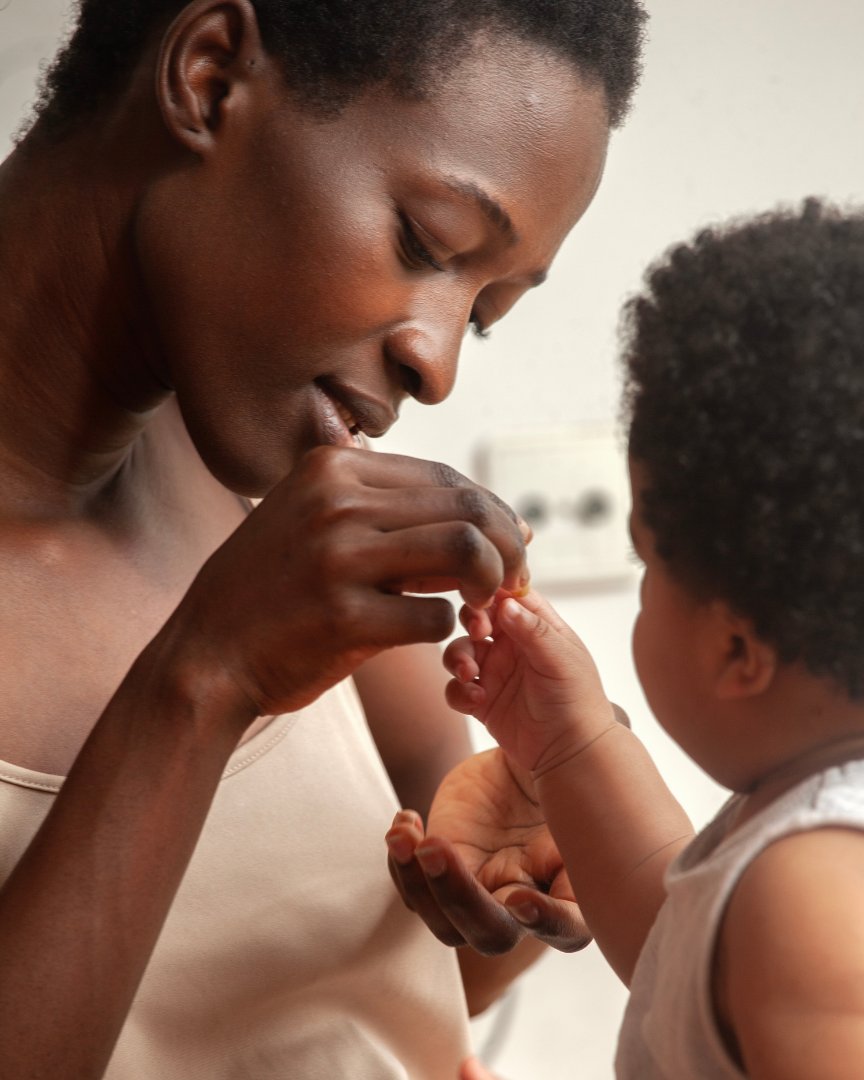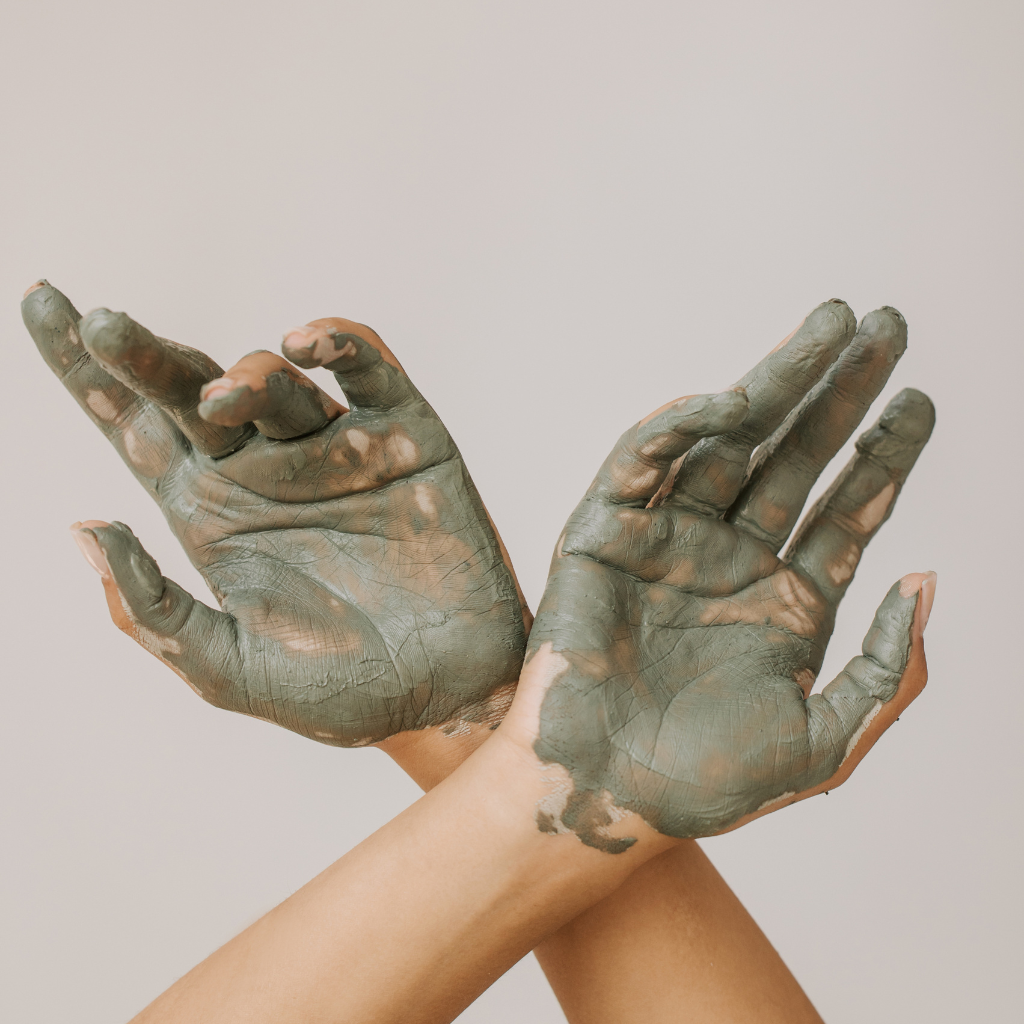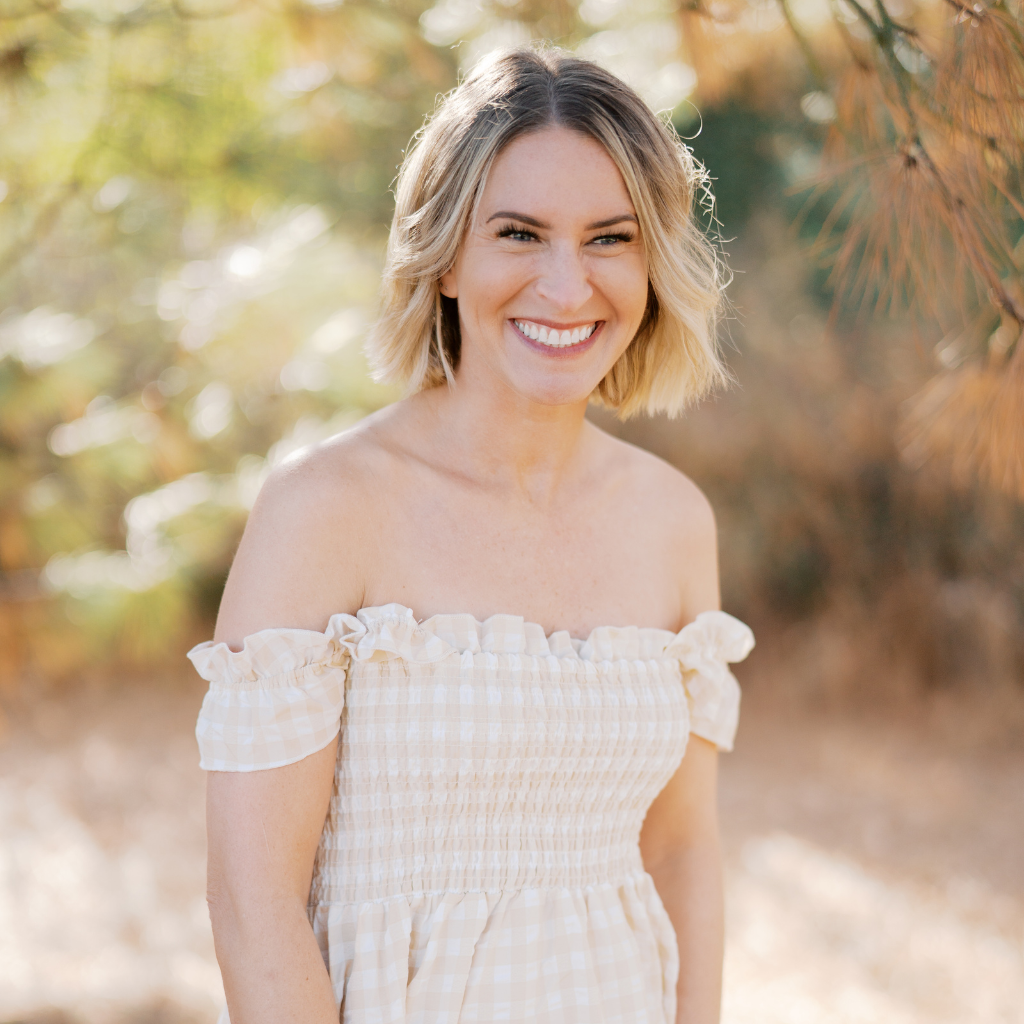More than 3.4 million acres.
That’s how much land last season’s wildfires burned… Just in California alone.
This sounds like a scary statistic, and it is--until you consider that this isn’t even out of the ordinary. A year ago, 4.7 million acres were lost to wildfire in the whole of the United States; the year before saw a staggering 8.8 million burned to the ground.
And while it can be argued that fires can be good for wildlife--promoting regrowth, healthy soil, etc--this is far beyond anything considered “good” for the environment... Not to mention the horrid air quality that literally turned San Francisco’s sky red.
Each year it seems that they’re getting more uncontrollable, and we are feeling helpless to stop it. We all remember seeing Smokey the Bear ads--reminding us never to play with matches, being careful to properly extinguish campground flames…
But we need to do more.
Here’s how we can do our sustainable part in preventing wildfires.

What’s Really Causing the Disaster
Sure, you might know a basic step or two preventing wildfires that Smokey taught us--but there’s more to prevention than unattended campfires.
Staying alert, making sure your hot car is nowhere near dry grass, removing any dry or dead brush that could be flammable from your yard--these are all great measures in how you can be attentive in your prevention techniques as an individual.
But… What about the factors you can’t control?
While 80% of wildfires are human-caused--sparked by things like smoking, fireworks, burn piles, etc--that still leaves us at a seeming loss at what to do for the most common natural firestarter: lightning.
When it comes to lightning, there’s not really a short term solution that does us much good. Yes, you can clean up the dry brush from your yard--but what about our West Coast forests that have been suffering from drought for years?
That’s when we have to look at the bigger picture: climate change.
Since 1880, the world has increased in temperature 1.9 degrees Fahrenheit, naturally causing hotter seasons as the years go by. With the heat obviously comes the dryer brush, the plants quicker to die and the ability for fires to carry much, much quicker.
On the note of lightning, too, it seems that climate change has a huge role to play. Studies have shown that the raise in temperature also increases the likelihood of lightning--as much as a 13% chance per Fahrenheit degree.
If these lightning strikes on random dry brush aren’t accompanied by rain… You don’t need to imagine the disastrous outcome: it’s already happening.
Fighting Climate Change Starts At Home
No, we can’t change the weather by turning on rain or turning off lightning.
But we’ll say it time and time again: there’s ways your family can prevent wildfires by the climate changing scope.
First things first: ration your water. Whether it’s something as small as shaving off five minutes from your showers or investing in high-conservation appliances to put in your home, this will greatly contribute to the issue of drying out our lands, leaving it exposed and vulnerable to brush fires (as well as keeping it healthy and green!).
You can also consider being conscientious on how you’re discarding your waste--do you generally throw everything into the trash bin? With so many of the population doing exactly that, this can prove to have deadly consequences. Not only do landfills take more and more precious land that could be used for wilderness, but they also release a huge amount of methane gas that can cause underground fires.
These fires smolder beneath the surface for sometimes months at a time, and can cause such combustion (and, of course, unhealthy air quality) to nearby areas around it. Whether it’s housing or wildlife surrounding the landfills: the resulting fire can’t be good.
To avoid these landfills becoming overcrowded (or better yet: needing to have a landfill at all!) consider composting as much of your waste as possible, or purchasing items you can reuse!
Donate Your Money To Preventative Measures
We will never devalue the importance of donating to wildfire relief funds that focus on supporting firefighters on the scene or nursing burned wild animals back to health--these are essential to fighting the fires we see today.
But... What would happen if we gave more attention to the organizations that actively work to conserve wildlife?
Again, we are not saying that the above donations were wasted. What we want to point out is how much funding the relief organizations are getting right now because the situation is so severe; why not add additional attention to those that want to stop the disaster before it happens?
There are multitude of charities that focus on wildfire prevention, both directly and indirectly. You can donate to charities that keep animals safe by preserving their homes like the WWF, or ones like tentree that advocates for plant regrowth!
Vote For Your Community!
Of course, wildfires aren’t just caused by dry weather.
Remember the wildfires of the Amazon rainforest that made global headlines in 2019 (and are in fact still on fire)? Needless to say that the some 2 million acres burned weren’t caused by a lack of water, or even lightning.
Instead: evidence suggests that deforestation practices to make way for corporations was key to the Amazon’s out-of-control disaster.
Think that these were just international companies involved? Unfortunately, it seems that the guilty parties included some of America’s favorites, like Walmart and JPMorgan.
If you’ve been fighting the green fight for a while now, you’ve probably heard of the statistic that only 100 companies are responsible for 71% of global emissions. This alarming fact means that for as much as we want to do as individuals--compost, throw less away, advocate for our local wildlife--not much will change for wildfire decrease or global warming.
So… What do we do? What can we do?
We vote.

We advocate for the laws that will protect our wildlife, our water resources and green energy. We demand for heavy-hitting corporations to be held accountable. We vote for the safety of our homes, the ability to not worry about our community’s dwindling water supply or whether a lightning storm will evacuate us from our homes. We ask that everyone be educated in preventing wildfires and reversing the damage that’s been done--especially those responsible for much of the damage in the first place.
We plead that you take a look at your community’s ballet this election: on what could be changed, what’s missing, and what you can advocate for in the future.
The West Coast wildfires are at an all time high, but that doesn’t mean we have to expect the same for next year.
Let’s protect our families, our homes, our wildlife, our states…
And our future.














